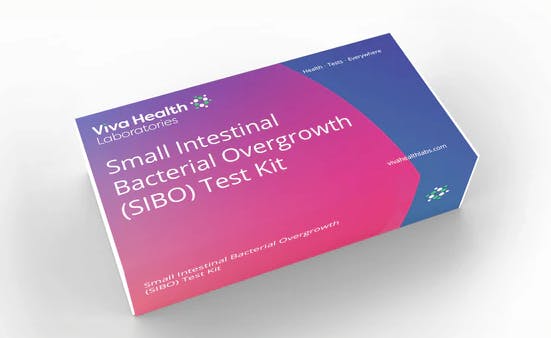Can cranberry juice reduce the development of oesophageal cancer?

Is there a relationship between acid reflux and bloating? Does acid reflux cause bloating? While not caused directly by reflux, bloating can be associated with reflux symptoms especially when belching is involved.
Patients describe “gassiness”, or abdominal discomfort, usually after eating and in some cases bloating can become severe enough that it produces a perceptible swelling of the abdomen. There can be associated upper abdominal pain or discomfort and often wind symptoms including belching and flatulence (farting).
Abdominal bloating can be caused by serious conditions including malignancy and when new in onset should always be evaluated by a clinician.
Book a private consultation
Medical students have historically been taught that the causes of abdominal bloating are the F’s.
This is not a comprehensive list of causes. Others include gallstone disease, ovarian tumours and pancreatic causes. However, in the context of reflux symptoms the following may be associated;
The medication helped to a point, but I continued to experience throat discomfort, some regurgitation, bloating
The cause of abdominal bloating is diagnosed by a combination of a clinician listening to a patient’s “history”, physical examination including visualisation of the throat and then diagnostic tests. If there are any “alarm” symptoms suggesting malignancy may be responsible these tests should be performed urgently. Excluding a structural cause for bloating usually requires imaging tests such as ultrasound and CT-scanning and/or blood tests.

The first step in ultimately finding relief from your reflux is accurate diagnosis - our full range of testing solutions will help to achieve this.
diagnosis & testingThe treatment of bloating is tailored to the cause.
When SIBO is diagnosed, treatment will often abolish or improve symptoms. SIBO treatments include;

There are a number of different reflux treatment options available - with the relief of your specific symptoms a key factor in deciding which to choose.
treatments